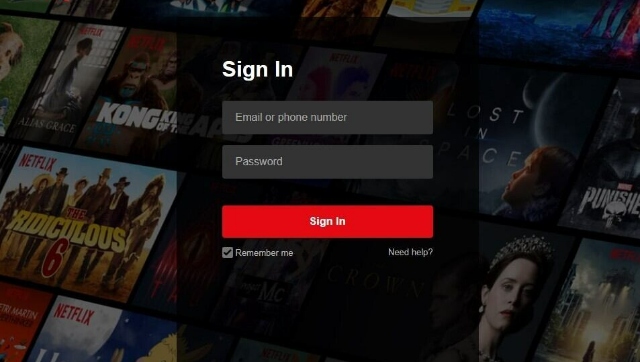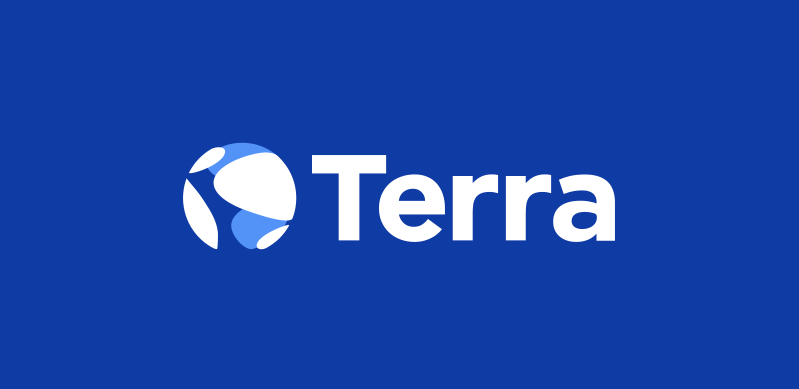Sequoia Capital makes a major bet on Web3, investing $450 million in the Polygon blockchain platform.
- Polygon, a blockchain network that acts as a support layer for Ethereum, received a $450 million investment lead by Sequoia Capital India.
- Polygon aspires to be a decentralised version of Amazon Web Services in the future. It's part of the "Web3" cryptographic initiative.
- Web3's buzz has attracted some of venture capital's greatest names, including Andreessen Horowitz and Tiger Global.
In the race to invest in what could be the internet's future — so-called Web3 — Sequoia Capital is catching up to arch-rival Andreessen Horowitz.
Polygon, a blockchain network, received a $450 million investment from the Silicon Valley venture capital firm.
Many of the world's biggest digital currencies are built on blockchains, which are distributed logs of transactions. They are maintained by a network of computers that must come to an agreement throughout the entire system in order to confirm transactions and mint new currency units.
Polygon helps Ethereum, the platform underpinning the ether cryptocurrency, handle transactions at scale by acting as a support layer.
The Ethereum network differs from the bitcoin network in that it allows non-fungible tokens (NFTs) and decentralised finance (DeFi) services in addition to peer-to-peer transactions.
How Polygon works?
As more users join the Ethereum blockchain, it has grown increasingly congested, resulting in slower transaction times and increased processing costs. This has led to the establishment of "Layer 2" networks like Polygon, which try to relieve the main blockchain of its burden.
Polygon is a proof-of-stake blockchain that runs on top of the Ethereum network. Participants in Polygon's network just need to show they have some tokens — in other words, a "stake" — to become validators, whereas Ethereum relies on power-intensive crypto mining to authenticate transactions.
The outcome is substantially speedier transaction times – in the thousands of transactions per second, according to Polygon. Ethereum's network, on the other hand, can handle around 15 transactions per second. Polygon claims to have processed over a billion transactions and to have 2.7 million monthly active users.
Ethereum is undergoing a transformation known as Ethereum 2.0, which will make it faster and more efficient. Although the improvement has a long way to go before becoming a reality, some analysts believe it will represent a danger to Polygon. Polygon, for one, predicts that demand for blockchain scaling services would remain high even after Ethereum 2.0 is adopted.
Sandeep Nailwal, a co-founder of Polygon, sees the company as a decentralised version of Amazon Web Services, the e-commerce giant's cloud computing division. Polygon's greater aims are part of the "Web3" movement in the crypto realm.
What is Web3?
Web3 is a fuzzy term in the tech world that refers to initiatives to create a more decentralised version of the internet using blockchain technology.
It's sparked a lot of discussion in Silicon Valley. It has been condemned by Twitter co-founder Jack Dorsey as a "centralised entity" controlled by venture capitalists, while Tesla CEO Elon Musk has claimed it appears to be more of a "marketing buzzword" than reality.
"To me, Web3 entails ownership, censorship resistance, and validated computing," Nailwal explained to CNBC. Unlike Facebook or Twitter, which handle their own computations, Web3 promises "transparency" in such operations, according to Nailwal.
Polygon aspires to be the platform on which major corporations can build their own Web3 strategy. On its network, brands like Adidas and Prada are already experimenting with NFTs. According to Nailwal, not all organisations are sold on crypto yet, but NFTs have been easier to swallow.
Web3 has attracted some of the most well-known venture capital firms, including Andreessen Horowitz, Tiger Global, and Sequoia Capital.
Sequoia has been pretty modest about its involvement in cryptocurrency, whereas Andreessen has its own dedicated crypto fund. Sequoia is growing more talkative these days.
"Thousands of developers across a wide range of applications are choosing Polygon and their comprehensive set of scaling solutions for the Ethereum ecosystem," said Shailesh Lakhani, Sequoia India's managing director. "This is an ambitious and proactive group that places a high importance on innovation."
Polygon, like Ethereum and other blockchains, has its own coin, matic. Rather than issuing fresh shares, the company held a private round in which it sold token units to investors. Polygon's backers are betting that matic's worth will rise as the network's popularity grows. Sequoia's India unit contributed money, as did SoftBank, Galaxy Digital, and Tiger Global.
It's comparable to a deal that raised $314 million in a private token sale funded by Andreessen Horowitz for Solana Labs, the company behind Ethereum-rival Solana.
Polygon intends to put $100 million of the money into a "ecosystem fund" that will encourage the creation of new products on its network. The remaining funds will be used as "buffer money" to allow Polygon's 240-person staff to continue developing the platform in the years ahead.
The company is also attempting to get into the gaming market, having just appointed Ryan Wyatt, a former YouTube executive, as the head of its game studio.
Wyatt told, "You're seeing a lot of really excellent devs leaving huge established firms to come make blockchain games." "With the individuals that are making games on the blockchain, we're going to open up a whole new type of gaming experience."
"We're going to point to examples of high-polish, triple-A games produced on Polygon over the coming two or three years," he continued.
Polygon says, the company is now worth $2 billion.
The organisation does not regard itself as a corporation in the classic sense. For regulators looking into the fast-evolving world of crypto and DeFi, a lack of clarity about who owns the systems underlying certain digital currencies has been a major point of contention.

















